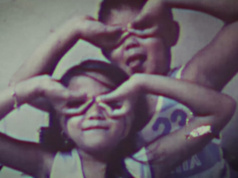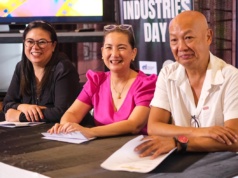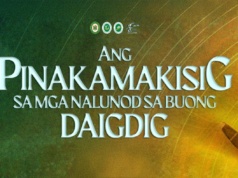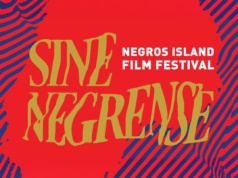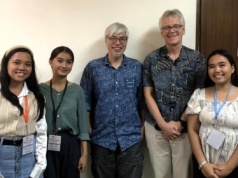Palacio de Memoria has recently expanded its unrivaled curated collection of Euro-Filipino art pieces in its museum, shedding light on the landmark contributions of Christianity to the world from time immemorial.

“We are the third largest Catholic country in the world, and our religion is an important part of our history and our identity as Filipinos. Aside from their artistic merits, we hope the new pieces in our museum will help enlighten people about our Christian cultural heritage,” says Palacio de Memoria general manager Camille Lhuillier.
With the easing of the community quarantine, it is a good time to drop by the museum because there are less crowds which gives more time to look at and appreciate the new art pieces. Moreover, people may also find some comfort in the religious museum amid the pandemic.
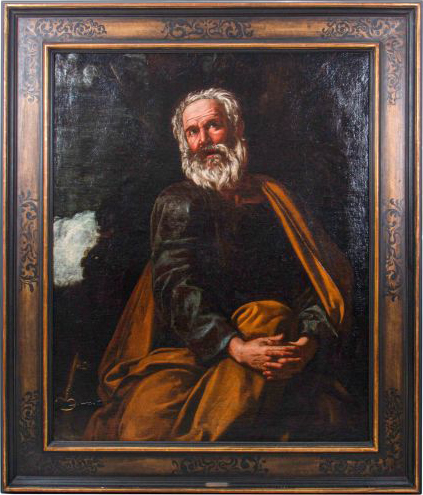
Majority of the museum’s ecclesiastic collection dates back to the 14th century and spans across time until the 20th century. Among the new must-see items at the Palacio de Memoria museum are unique portraits showing religious figures in interesting and considerable variations from the conventional figurations, particularly those of Christ, the Virgin Mary, different saints, and other iconographies.

Museum visitors can also find paintings depicting religious life, including the 17th century painting from Spain showing the martyrdom of Saints Fausto, Jenaro, and Marcial of Cordoba, as well as an oil painting dating back to the to the 17th century Flemish-Spanish school portraying the scourging of Christ.

Also part of the new curated selection are ivory icons of ethical provenance, such as the Madonna and Child sculpture from 18th century Portugal and the Crucified Christ figure encased in a wooden frame. Museum goers may also see reliquaries of venerated individuals including the apostles and various saints.

Moreover, Palacio de Memoria’s museum collection extends to church artifacts like furniture, altar pieces, and other items used in a liturgical ceremony. Collection highlights include a wooden oratorio with a tableau of the Holy Family in polychrome terracotta, a two-seat choir stall from 18th century Portugal, a wooden processional cross from Spain, and a bishop’s chair from Bolivia with a depiction of a relief of Archangel Michael and the Blessed Virgin along its wooden frame.

With all these, Palacio de Memoria’s Christian heritage museum unifies the educational and devotional functions of the pieces’ ecclesiastic history all in one place.
Aside from the new pieces, the museum will also soon serve as a chapel where religious gatherings such as an intimate wedding or baptism can be held.

Palacio de Memoria is located at 95 Roxas Boulevard, Tambo, Parañaque. Tours are also available upon request. For more information, visit https://www.palaciodememoria.com or follow @thepalaciodememoria on Facebook and @palacio.de.memoria on Instagram.

